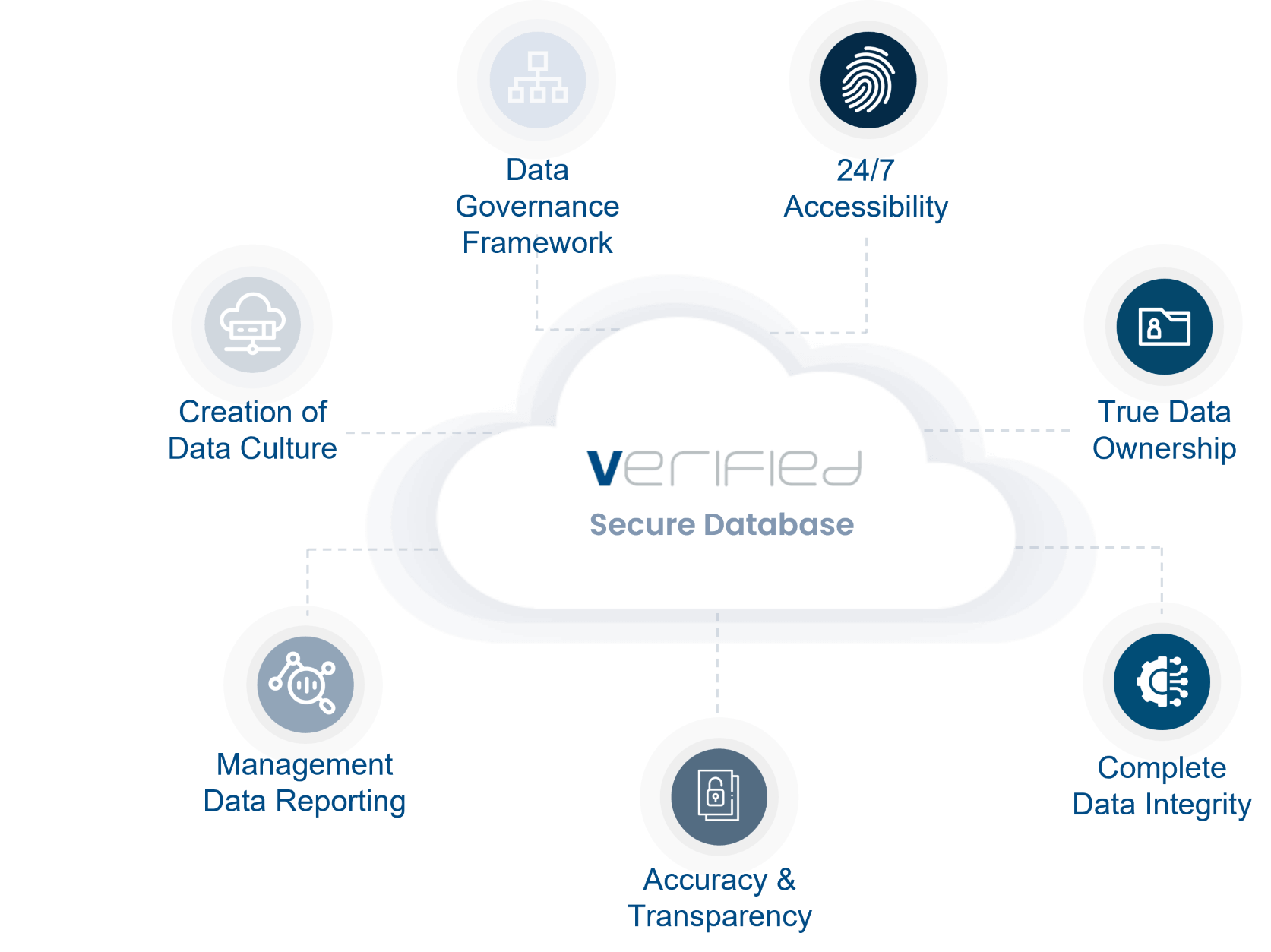The Key to Complete Visibility for Your Business
Data ownership extends well beyond legal entitlements – it shapes the foundation of both day-to-day operations and strategic direction. Discover the need for establishing and maintaining clear data ownerships and its pivotal role in delivering enhanced operational control for a more safe and secure business.
When it comes to building compliance data, owners are required by law to keep accurate maintenance data for ongoing safety measures. Many businesses and Facility Managers however do not realise they inadvertently do not own their records, they do not know where it is held, and are not able to easily retrieve it. In the case of a commercial risk event (such as a fire on site or security violation), this can lead to significant compliance and legal risks, security vulnerabilities, and third-party related costs to rectify the situation.
The Australian Privacy Principles define data ownership as an organisation’s collection, management, and disclosure of personal data which includes business data that is generated and collected during standard business operations. With this in mind, Facility Managers must consider the following questions in the context of data ownership:
- How are we capturing and acquiring critical contractor, visitor and site data?
- What is our commercial model in place to secure this data?
- What procurement policies and contract clauses are in place to ensure we always own the business data?
- Are third parties able to use it? Do we have a trustworthy strategic partner to collate and maintain all our data?
The Risk of Non-Ownership Cost Businesses Millions
The true cost of data ownership is best captured via a recent example. An ASX-listed Australian company engaged a contractor to generate evacuation drawings for 1,000 cross-jurisdictional sites. The contractor successfully navigated the complex legislative and policy compliance requirements which differed from state-to-state, compiling critical data for the business.
A year after the time came to revalidate the evacuation drawings for WHS compliance purposes, the company sought the digital drawings from the contractor. Their request was declined, and they were notified that they did not have the rights to the drawings they paid to get created.
The company had limited options and no choice – to use the existing contractor for required changes, as engaging another company to start from scratch would result in significant financial investment. The company was forced into paying a premium for the changes, a result of a lack of data ownership of their evacuation diagram data.
Such an example is a familiar scenario for many companies. Unfortunately, many examples exist with other types of business documents including hazardous material registers, asbestos registers, block plans, fire engineering reports and installation schematics.
How You Can Guarantee Data Ownership for Your Business?
Effective data management is critical to the success of your business. The inability to access critical information at times you require it most can put your people and business at risk. Furthermore, not owning your data also means less control over security measures of protecting it. This significantly increases the risk of data breaches, unauthorised access, and other security incidents that can lead to financial loss and long-term data reputational damage.
When engaging contractors to provide business documentation, and/or sensitive digital content, consider:
- What system is being used to collect data? Is it secure? Who owns it?
- Do you have real-time access?
- Check contractual clauses – many software vendors have specific contract clauses in fine print that stipulate they can use the data for ANY purpose at their own discretion. This also applies to your contractors and their systems. Verified’s client contracts stipulate that your data is yours and yours only.

Learn More – Contact Us to Take Control of Your Data
Verified offers a leading-edge solution that puts you in complete control of your data. Our cutting-edge platform gives you peace of mind, having your data ownership. You get complete 24/7 access to all your confidential documents and records in a secure environment.
Partnering with Verified ensures your data is safeguarded, accessible and is working for you, not against you. For further information on how you can take charge of your business-related data, call 1300 133 950 or send us an email.



